MI5 chief Andrew Parker bows out with self-serving BBC interview
The outgoing head of MI5, Andrew Parker, has given an interview to the BBC prior to his departure at the end of the April.
Speaking to the BBC’s security correspondent, Gordeon Corera, Parker paints a picture of normalcy and high motivation inside the security service, despite the fact most specialists believe all is not well with MI5.
Indeed, the troubled state of affairs within the security service prompted the Queen to make her first publicized visit to MI5’s headquarters at Thames House in February for the first time during her 68-year reign.
Corera, who is believed to be close to the British intelligence services, gives Parker a soft interview where the outgoing Director General is allowed to set the narrative.
Parker, who became the 17th Director General of MI5 in April 2013, has presided over a turbulent period in the service’s recent history, marked by successive terror attacks in London and Manchester.
The lowest point of Parker’s leadership was the attempted assassination of Russian double agent, Sergei Skripal, in Salisbury in March 2018.
MI5, which was fully responsible for Skripal’s protection, blamed the attempted assassination on Russia’s foreign military intelligence agency, the GRU.
Prior to becoming Director General, Parker was director of counter-terrorism at MI5, coinciding with targeted terrorist attacks directed against London’s transportation network on July 07, 2005.
Parker shrugs off that major failure as “one of the worst moments” of his life, claiming that for years afterwards he pinned the photos of all 52 victims on the notice board of his office.
Corera failed to ask him if he also pinned the photo of Jean Charles de Menezes – the innocent Brazilian man gunned down by armed undercover officers in the frenzy following the London bombings – on his notice board.
Corera’s soft approach to the interview has come under fire from some British journalists who have chided him for not quizzing Parker on why the security service failed to draw up plans to deal with pandemics as they are supposed to do as part of the UK’s national security strategy.
Establishment "journalists" are skilled at not asking key questions since that would hold their subjects accountable, which is not allowed. Here Gordon Correra fails to ask MI5 why it's failed to address pandemics, as required in nat'l security strategy.https://t.co/PNFT84D5it
— Mark Curtis (@markcurtis30) April 20, 2020
Instead, Corera focuses most of the interview on state-led threats to British national security. In keeping with the hardening of attitudes on China – particularly amongst an influential core of Tory MPs involved in national security affairs – Corera asks Parker whether there should be a “reckoning” with China.
Whilst Parker does his best to avoid that question, there is little doubt that both he and Corera expect the incoming director general, Ken McCallum, to stake out a tough position on China.
'Gaza has won': Social media users react to ceasefire with mix of relief, joy
Iran seeks South Korea’s assistance for AI, fiber-optic projects
VIDEO | Iran's 'Eqtedar' (Power) maneuver
Israel hits HTS military target in Syria for 1st time since fall of Assad
VIDEO | Press TV's news headlines
Israel has slaughtered 13,000 students in Gaza, West Bank
VIDEO | More Zionist than Zionists: Biden’s legacy to be defined by Gaza genocide
Hamas confirms handing approval of Gaza ceasefire deal to mediators


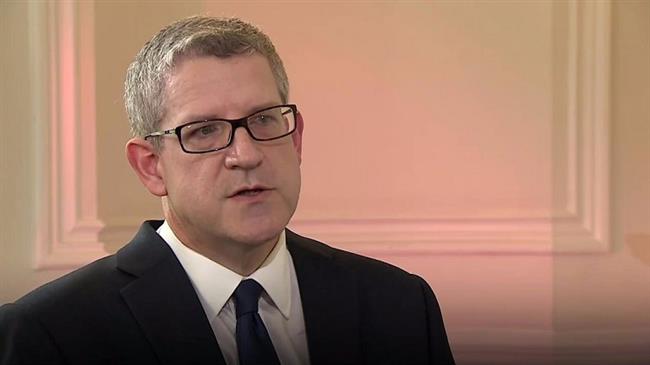



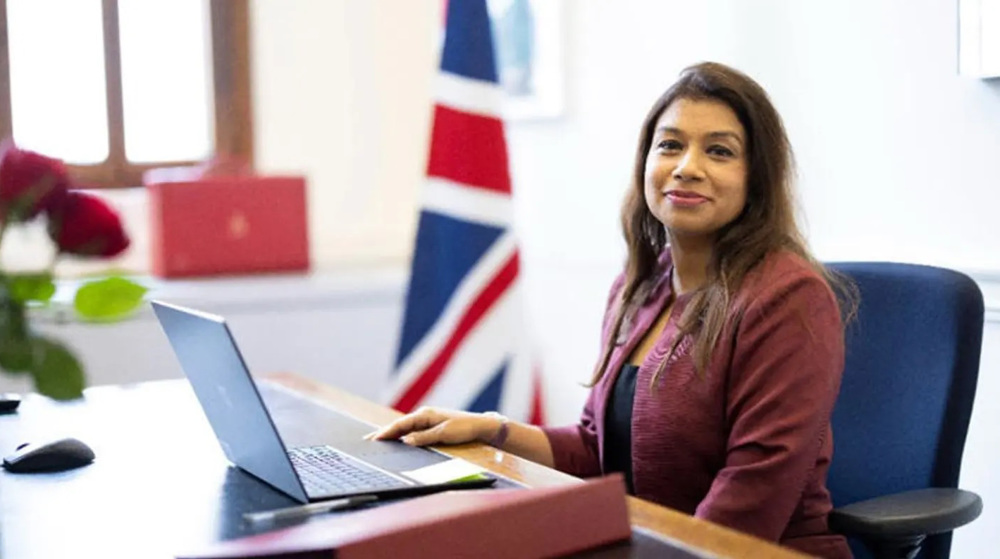
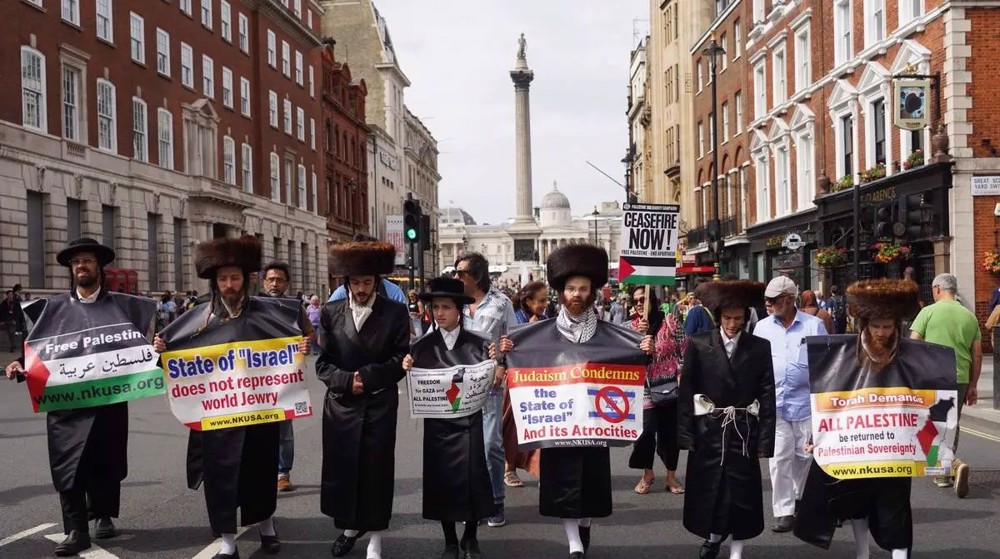
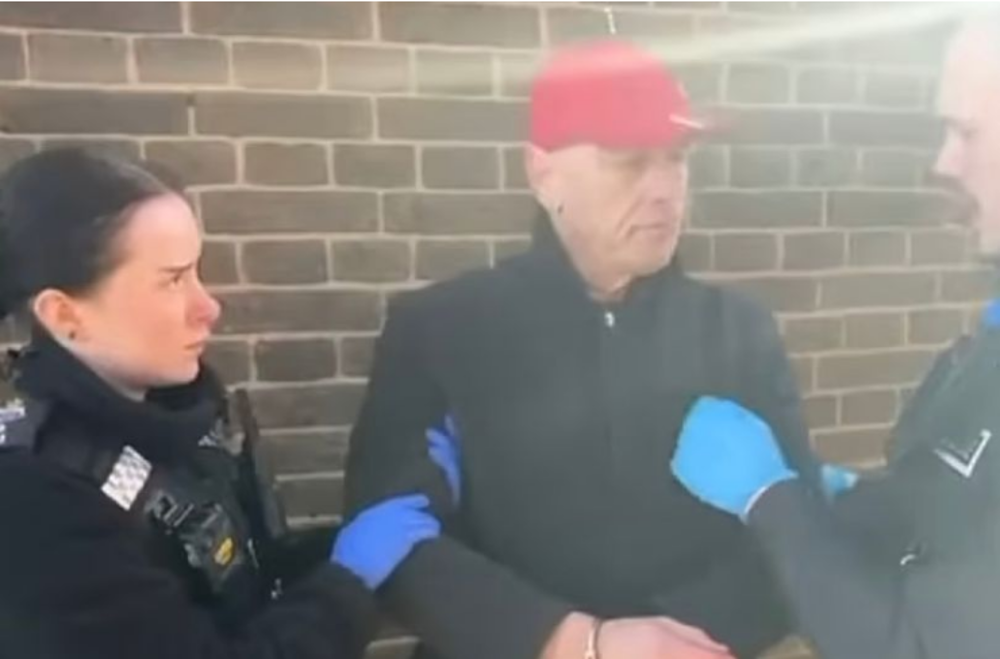



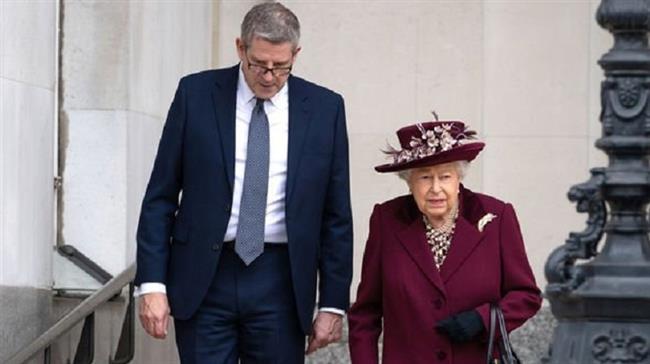
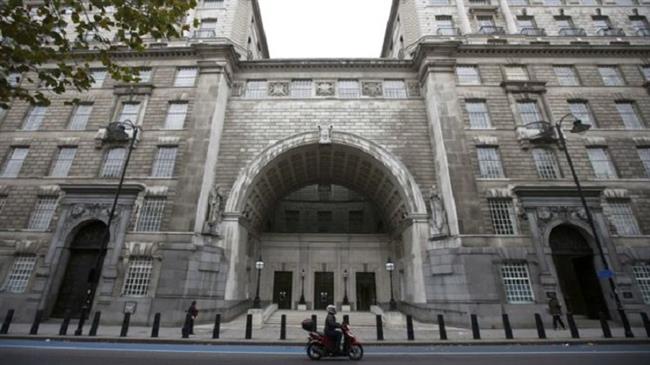


 This makes it easy to access the Press TV website
This makes it easy to access the Press TV website